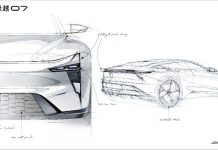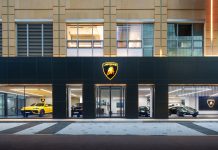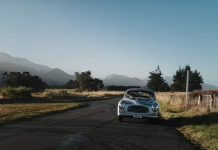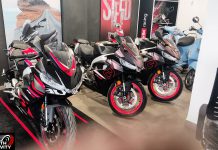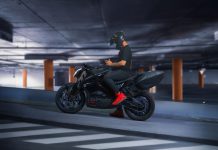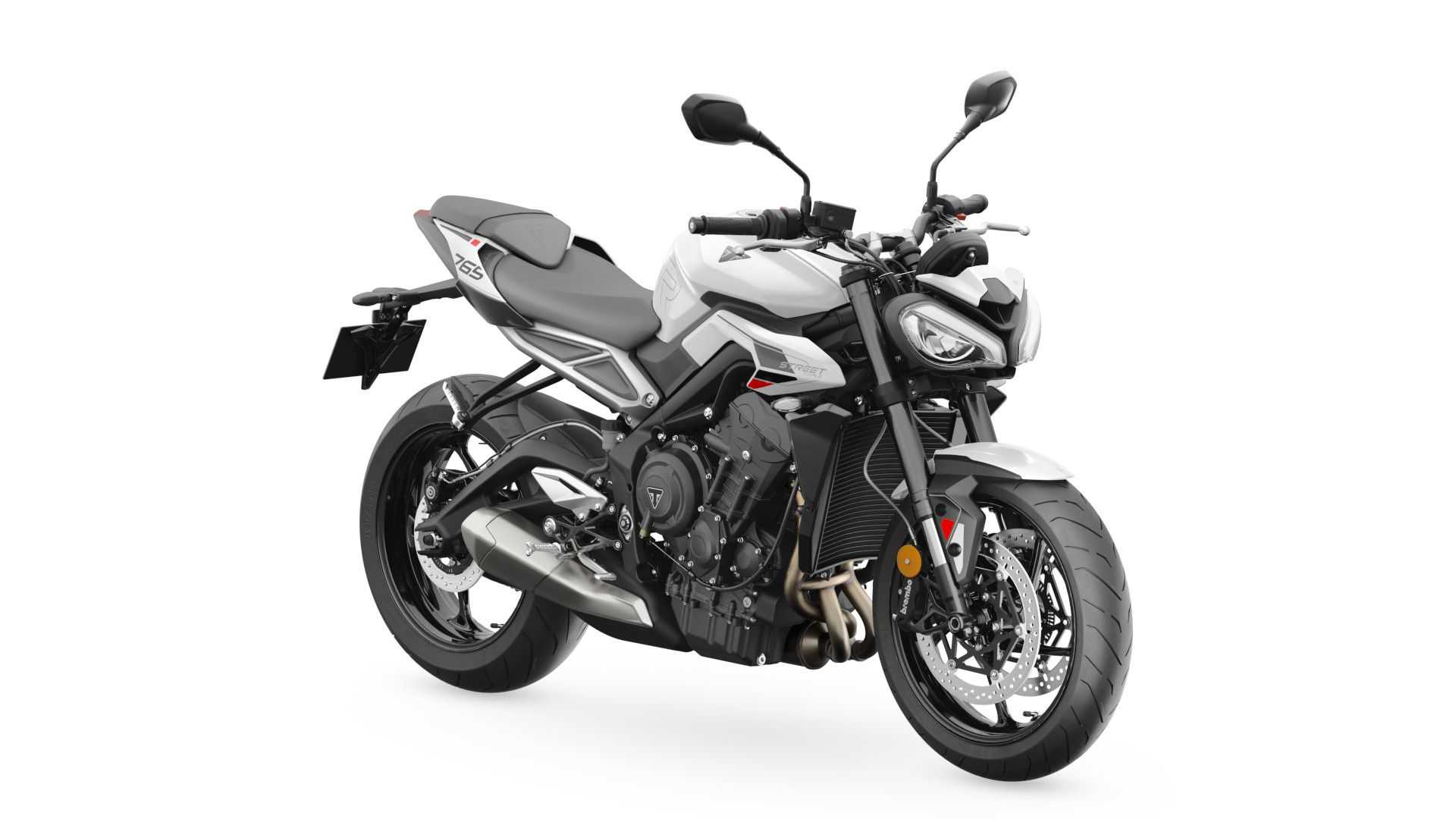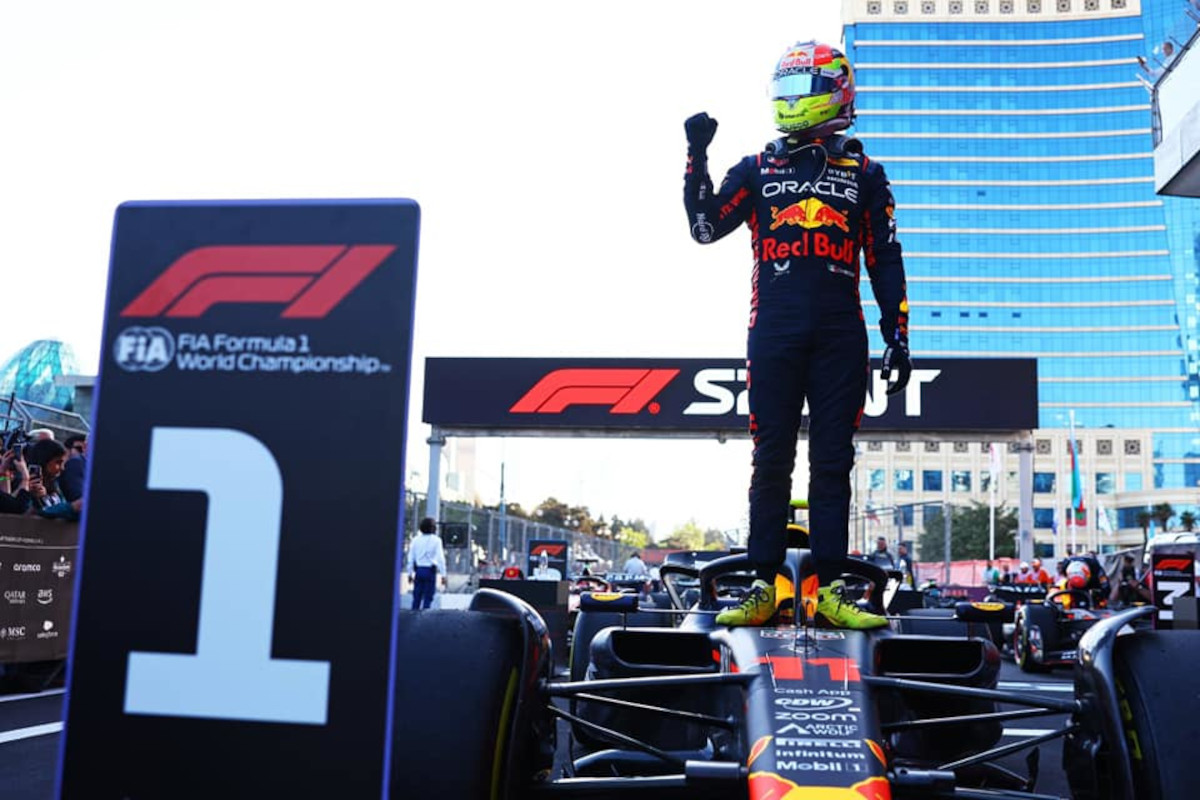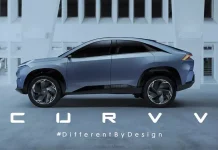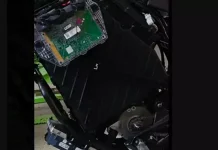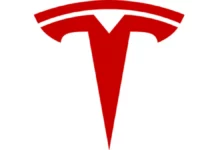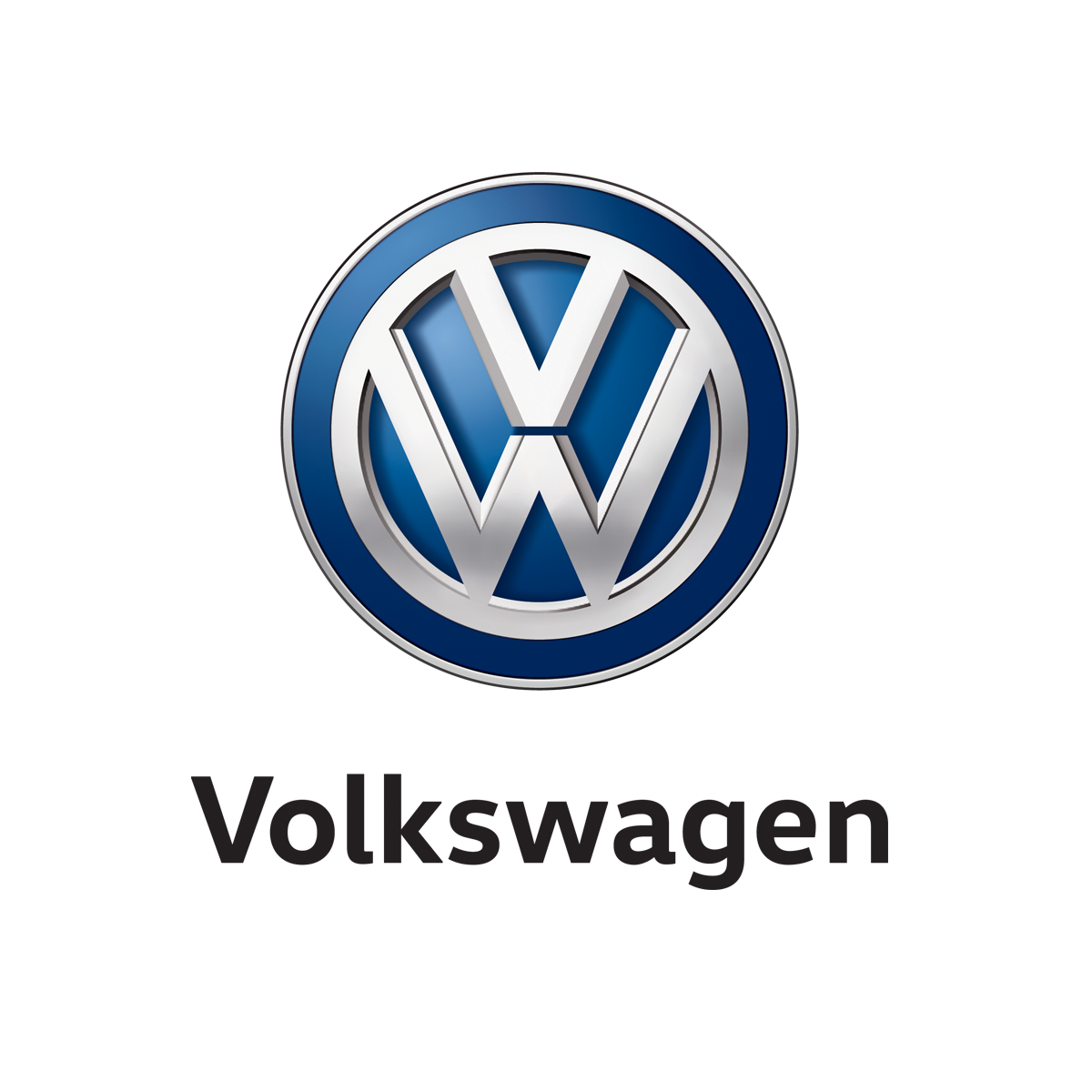Key points
- Volkswagen is facing a number of challenges, including weak demand for its EVs and high costs.
- The company is preparing to launch a series of more affordable EVs, but it remains to be seen how successful these will be.
- Volkswagen CEO Thomas Schafer has warned that the company is in a “very tough” situation and needs to make “small wins” in order to save money.
- He has also called for an immediate freeze on spending as the brand invests heavily in new EV technology and production infrastructure.
- Sales of the ID.4 crossover have quadrupled in the United States in the second quarter, but a section of the European Emden plant in Germany has been closed for six weeks due to weak demand.
- Sales in China have also been underwhelming, and the brand has been forced to lower the price of its most profitable models to remain competitive.
- VW’s structures and processes are “too complex, slow, and inflexible.”
- The company is preparing to start production of the all-new ID.7 electric sedan, as well as new generations of the gasoline-powered Tiguan and Passat models.
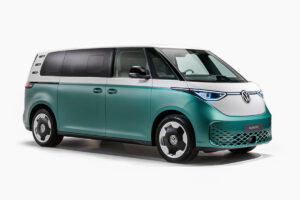
Challenges
The comments made by Volkswagen brand CEO Thomas Schafer during the internal meeting highlight the challenges and pressures the company is facing as it strives to establish itself as a leading manufacturer of electric vehicles (EVs) while continuing to supply internal combustion engine vehicles to global markets.
The mixed results in the all-electric business, with strong sales of the ID.4 crossover in the United States but weak demand leading to the closure of a section of the Emden plant in Germany, indicate the volatility of the market and the need for the company to navigate these uncertainties effectively.
Small Wins
Schafer’s emphasis on “small wins” and cost-saving measures reflects the need to streamline operations and control expenses, particularly in light of the heavy investments being made in EV technology and production infrastructure. The introduction of “performance programs” aimed at saving $11.2 billion over the next three years underscores the urgency to improve cost efficiency.
Lowering the prices of models in China to remain competitive indicates the challenges faced in the market, where sales have been underwhelming. However, such a strategy may impact profit margins. The need to simplify structures and processes highlights the recognition of the company’s current complexities and the desire to become more agile and responsive.
New EV models
Volkswagen’s plans to launch new EV models, including the ID.7 electric sedan and more affordable offerings, demonstrate the company’s commitment to expanding its electric vehicle lineup and competing with rival manufacturers in the evolving market.
These comments from Thomas Schafer shed light on the significant challenges Volkswagen is facing in its transition to electric vehicles, the need for cost efficiency, and the importance of adapting to market demands while improving internal operations.
Impact on VW
The challenges and issues discussed by Volkswagen brand CEO Thomas Schafer can have several impacts on the company:
- Financial Impact: The need to lower prices in certain markets, such as China, to remain competitive can potentially impact profit margins. Additionally, the closure of the Emden plant due to weak demand suggests a temporary decrease in production capacity, which could affect overall revenue and profitability.
- Market Positioning: The mixed results in the all-electric business and the need to compete with rival manufacturers in the EV market highlight the importance of effectively establishing Volkswagen as a leading manufacturer of electric vehicles. Success in this transition is crucial for the company to maintain and improve its market position.
- Cost Management: Schafer’s emphasis on cost-saving measures and the introduction of “performance programs” to save $11.2 billion over three years indicate the company’s commitment to improving cost efficiency. Efficient cost management is essential for Volkswagen to invest in EV technology and infrastructure while ensuring profitability.
- Operational Efficiency: The acknowledgement of complex and slow structures and processes within the company indicates a need for improved operational efficiency. Streamlining operations, simplifying processes, and becoming more agile and responsive are crucial for Volkswagen to effectively adapt to market demands and improve overall performance.
- Customer Perception: The success of Volkswagen’s transition to EVs and its ability to compete with rivals in terms of pricing and technology can influence customer perception. Delivering high-quality, affordable electric vehicles and establishing a strong brand image in the EV market will be key to attracting and retaining customers.
Conclusion
Volkswagen’s ability to navigate these challenges effectively will determine its success in becoming a leading manufacturer of EVs while continuing to supply internal combustion engine vehicles.
Adapting to market demands, improving cost efficiency, streamlining operations, and delivering competitive and compelling EV offerings will be crucial for the company’s future growth and sustainability.



